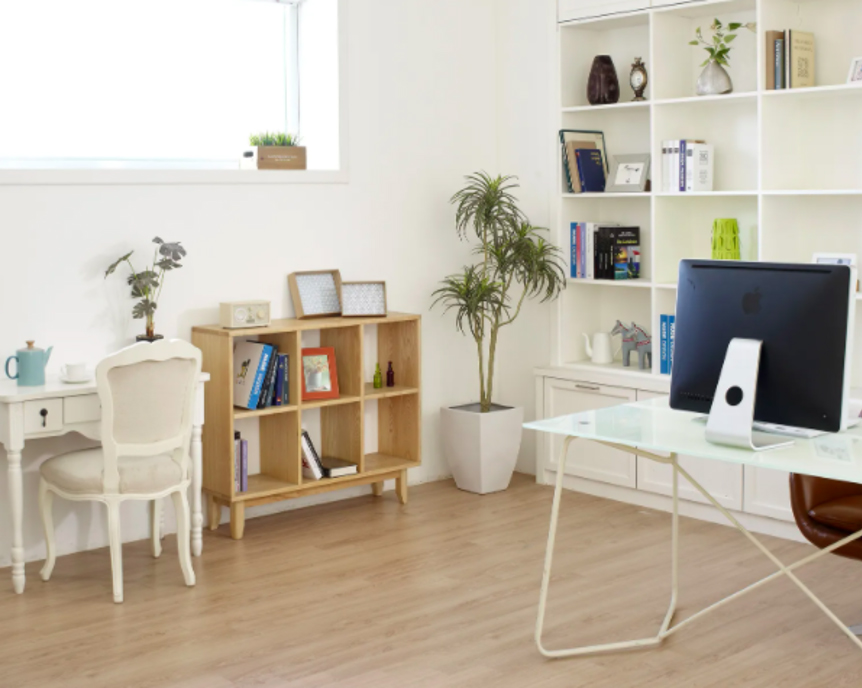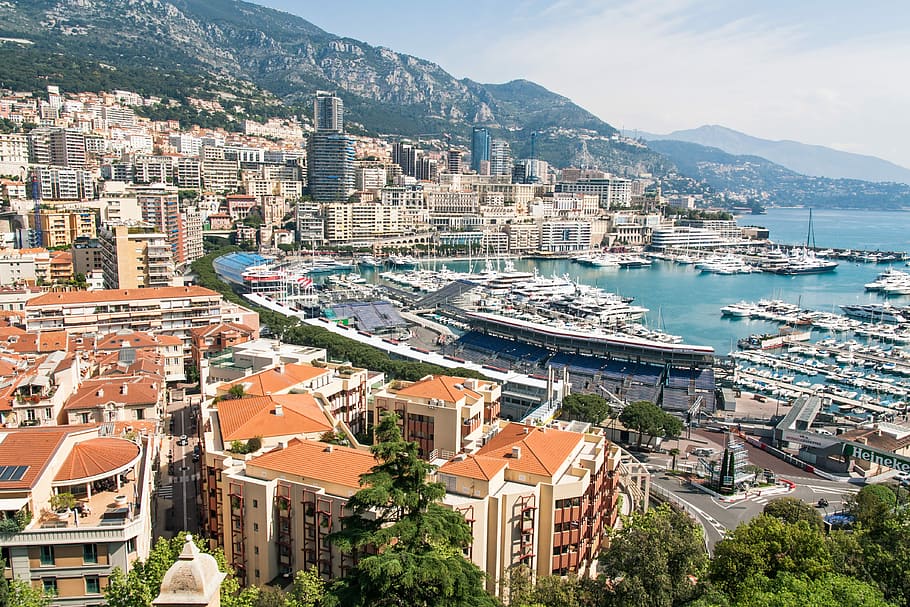Want to add value to your buy-to-let home for the post-lockdown boom? According to our study, make sure to highlight gardens, natural light and large bedrooms!
With Brits across the country continuing to work from home during the coronavirus pandemic, spending all that time indoors has encouraged millions to take up DIY projects in a bid to improve the overall surroundings of their new offices.
In order to uncover shifts in the UK’s most valuable and desired home features, CIA Landlord asked 1000 Brits what they’re looking for in their next home post-lockdown.

Ranked: The UK’s Most Desired Post-Lockdown Home Features
Gardens have been revealed as the most popular feature Brits are looking for in their next home, followed by lots of natural light and large bedrooms. The importance of having an outdoor space to enjoy during lockdown has made its mark with over 44% of Brits wanting their own piece of nature in their next home.
The survey revealed that for a home with these 10 most desired features, Brits would pay on average a whopping £89,942 more on top of their current budget!
| Rank | Home Feature | % of Brits Who Want this Feature |
| 1 | A garden | 44% |
| 2 | Lots of natural light | 36% |
| 3 | Large bedroom | 34% |
| 4 | Storage space | 33% |
| 5 | Fast internet available | 31% |
| 6 | Large living room | 31% |
| 7 | Cleanliness | 30% |
| 8 | En-suite bathroom | 27% |
| 9 | Garage | 26% |
| 10 | Several bedrooms | 26% |
Fast internet makes the top 5 features as thousands of Brits are spending lots of time at home for work making internet speed a very important factor.
Of the most popular features, a third of Brits also selected cleanliness as an important feature that will attract buyers.
More Than a Quarter of Brits Say New Carpets, Lights and Home Offices Will Add the Most Value to Homes This Year!
New carpets, lights and a home office adds the most value to a home according to Brits who ranked popular DIY projects that have taken up during lockdown.
When asked what DIY improvements or amenities would add value to a home, newly painted ceilings & front doors and even plants made the top 10 most valuable to implement on a budget too.
| Rank | Home Feature | Percentage of Brits |
| 1 | New carpet | 37% |
| 2 | Lights | 28% |
| 3 | Home office | 27% |
| 4 | New curtains | 21% |
| 5 | Painted front door | 20% |
| 6 | Garden furniture | 20% |
| 7 | Laminate worktops | 19% |
| 8 | Painted ceiling | 18% |
| 9 | Sink renovation | 18% |
| 10 | Plants | 16% |
Brits Looking to Spend on Average £324,701 on a Post-Lockdown Home in the Next Year
According to our findings, the average home price for the UK post-lockdown will be £324,701 in the next year.
The gap between different genders owning homes is also apparent with British men looking to buy a home worth on average £362,404 versus females at £284,025.
The above table identifies the average house prices by age group in the next year, with Gen Z’s looking to spend £232,813 vs. boomers at over £292,722. The highest age bracket will be 45 to 54 year olds looking to spend an average of £340,278!
| UK House Price Averages Within Next Year by Age Group | |
| 18 to 24 | £232,813 |
| 25 to 34 | £348,109 |
| 35 to 44 | £337,406 |
| 45 to 54 | £340,278 |
| 55 to 64 | £292,722 |
| 65 and over | £316,146 |
| Average | £324,701 |
Countryside, Quiet Roads and Beaches Revealed as the Most Desired Post-Lockdown Areas for UK Buyers and Renters
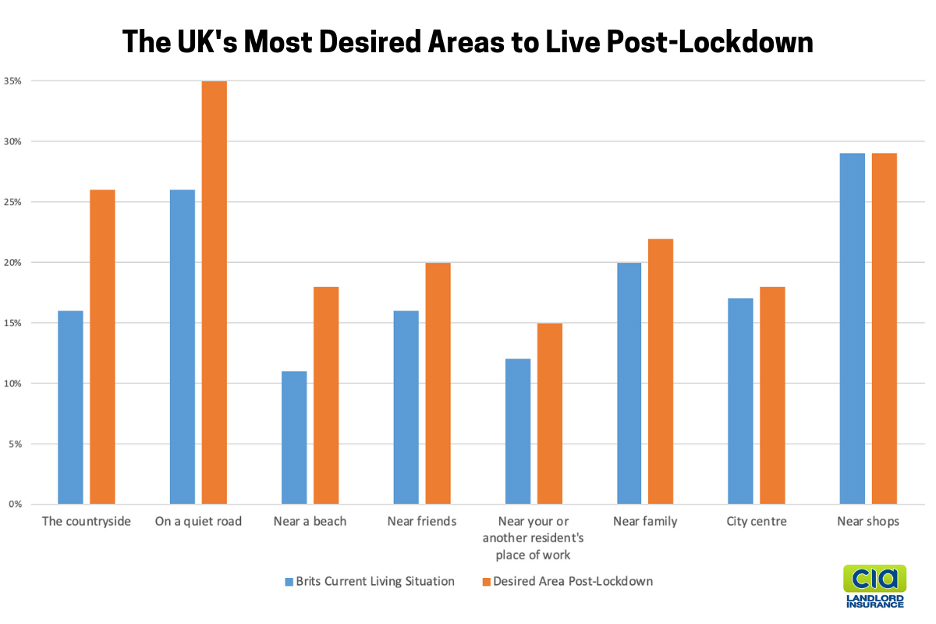
Over the next year, the housing market will notice an increase in areas that are away from the hustle and bustle of highly populated areas.
| Rank | Home Area | Brits Current Living Situation | Desired Area Post-Lockdown | Percentage Difference |
| 1 | The countryside | 16% | 26%↑ | 10% |
| 2 | On a quiet road | 26% | 35%↑ | 9% |
| 3 | Near a beach | 11% | 18%↑ | 7% |
| 4 | Near friends | 16% | 20%↑ | 4% |
| 5 | Near your or another resident’s place of work | 12% | 15%↑ | 3% |
| 6 | Near family | 20% | 22%↑ | 2% |
| 7 | City centre | 17% | 18%↑ | 1% |
| 8 | Near shops | 29% | 29% | 0% |
| 9 | Near a park | 27% | 25%↓ | -2% |
| 10 | Commuter town | 13% | 10%↓ | -3% |
| 11 | The suburbs or just outside a city | 22% | 18%↓ | -4% |
| 12 | Near a pub/ restaurant | 24% | 19%↓ | -5% |
| 13 | My family home | 19% | 14.%↓ | -5% |
| 14 | Town/ village | 31% | 25%↓ | -6% |
| 15 | On a busy road | 14% | 7%↓ | -7% |
There will be a shift in those living from the suburbs to further in the countryside with commuter towns noticing a further decrease as well.
Half of Brits Want to Move to Quiet Neighbourhoods, Low Crime-Rate Areas and Be Close to Amenities Post-Lockdown
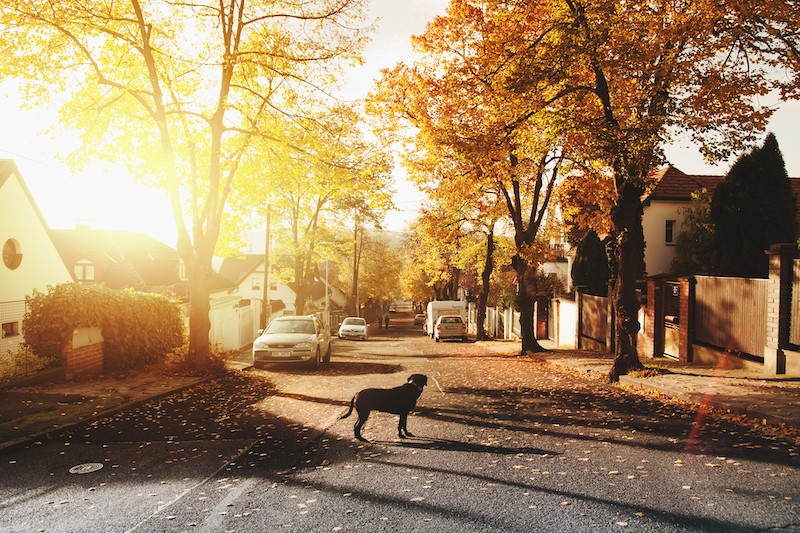
When it comes to what type of neighbourhood Brits are looking to move to, the most important features go hand in hand with the type of areas Brits are looking for. A large percentage of brits want to move to areas that are quiet with almost a quarter wanting to be close to a hospital as well.
| Rank | Neighbourhood | Percentage of Brits Who Want To Live Here |
| 1 | Quiet neighbourhood | 50% |
| 2 | Low crime-rate area | 48% |
| 3 | Close to amenities | 44% |
| 4 | Good parking or off road parking | 43% |
| 5 | Close to hospital, GP or pharmacy | 21% |
| 6 | Close to specific school | 17% |
| 7 | Lively neighbourhood | 16% |
| 8 | Close to swimming pool, gym or sports facilities | 16% |
| 9 | Not far from current home | 16% |
| 10 | Private neighbourhood or gated estate | 15% |
Cottage, Urban Modern, Neutral and Coastal were Revealed as the Most Popular Interior Design Styles for Homes Post-Lockdown
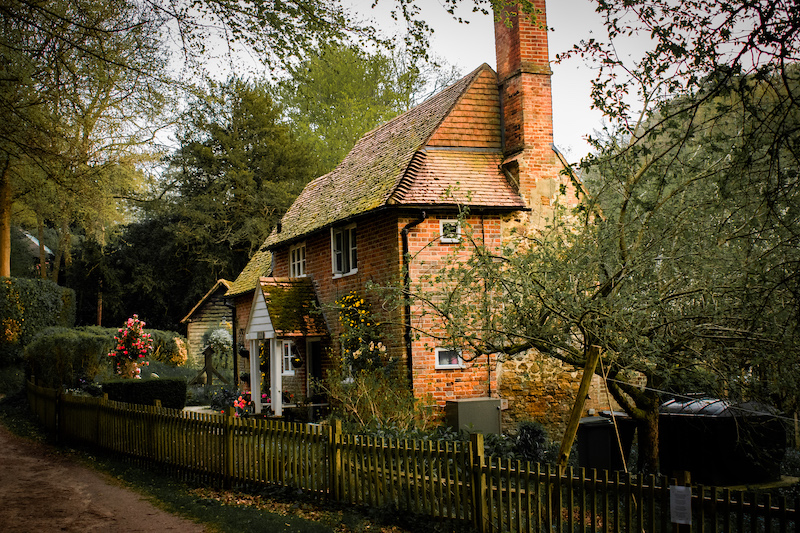
Analysing the most popular design styles that Brits want post lockdown, more than a quarter of Brits are looking for homes that are either cottage, urban modern, neutral or coastal styles as the top 4 interior styles.
| Interior Style Preference | Percentage of Brits |
| Cottage | 27% |
| Urban Modern | 27% |
| Neutral | 26% |
| Coastal | 26% |
| Farmhouse | 21% |
| Scandinavian | 17% |
| Mid-Century Modern | 14% |
| None of these | 13% |
| Industrial | 11% |
| Bohemian | 11% |
| Shabby Chic | 11% |
When analysing regional preferences, Londoners opt for a more urban modern style while residents in Nottingham are looking for a coastal getaway style. Cottage-style homes are the most popular in East Anglia, the South West, Wales and Yorkshire while neutral homes take the top spot in the North West, Scotland and the West Midlands.
| Region | Interior Style Preference | Percentage of Brits |
| East Anglia | Cottage | 34% |
| East Midlands | Coastal | 35% |
| London | Urban Modern | 36% |
| North East | Coastal | 37% |
| North West | Neutral | 31% |
| Scotland | Neutral | 26% |
| South East | Mid-Century Modern | 24% |
| South West | Cottage | 30% |
| Wales | Cottage | 28% |
| West Midlands | Neutral | 31% |
| Yorkshire and the Humber | Cottage | 31% |
These Are the Worst Colours to Use in Your Post Lockdown Home, According to Brits
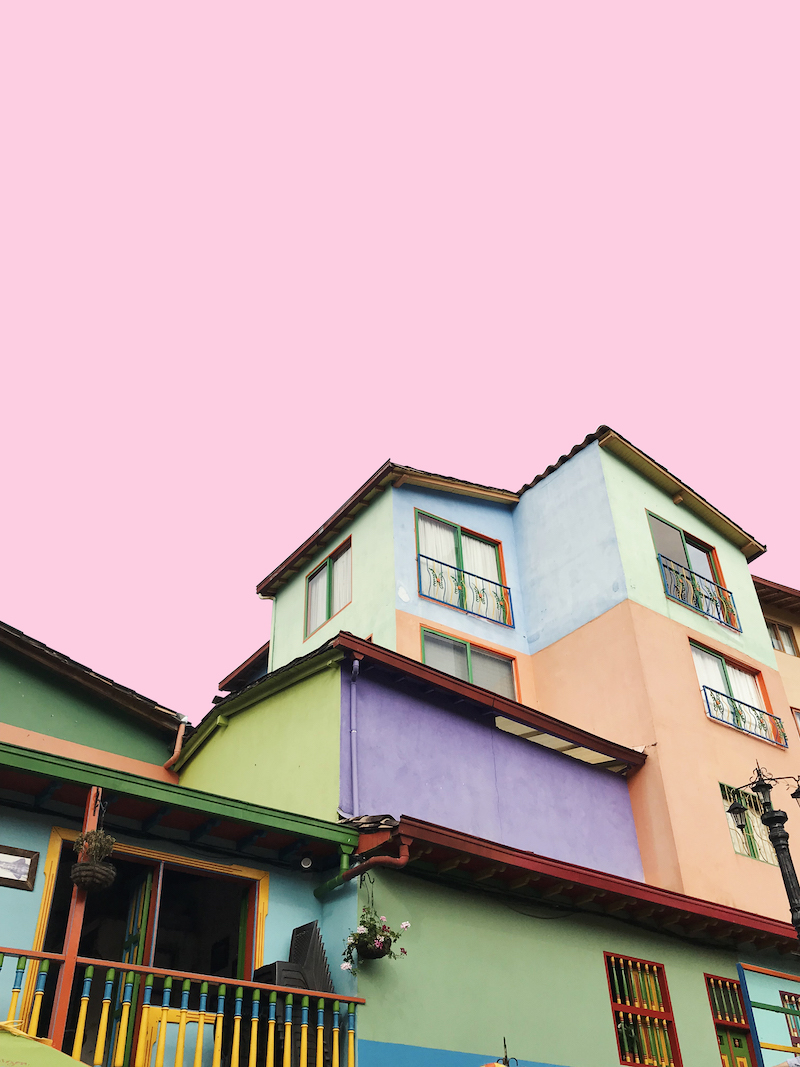
Our survey revealed the colours that were least popular to Brits that should be avoided when looking at upscaling your buy-to-let home. Pink, Turquoise and Indigo were revealed as the least popular colours with less than 3% of Brits wanting these colours.
| Home Colour | Percentage of Brits Who DON’T Want This Colour |
| Pink | 98% |
| Turquoise | 97% |
| Indigo | 97% |
| Aquamarine | 96% |
| Maroon | 96% |
| Cyan | 96% |
| Violet | 96% |
| Purple | 96% |
| Lime | 96% |
Methodology
In order to uncover the most important home features for Brits post lockdown we partnered with One Poll to survey over 1000 Brits who are looking to rent or buy a home in the next year in July 2020.
Data
Full data available upon request.
Notes to Editors
If you’re interested in covering our study, we only ask to please refer back to this study with a link to this post.
PR contact: sarah.fleming@kaizen.co.uk



